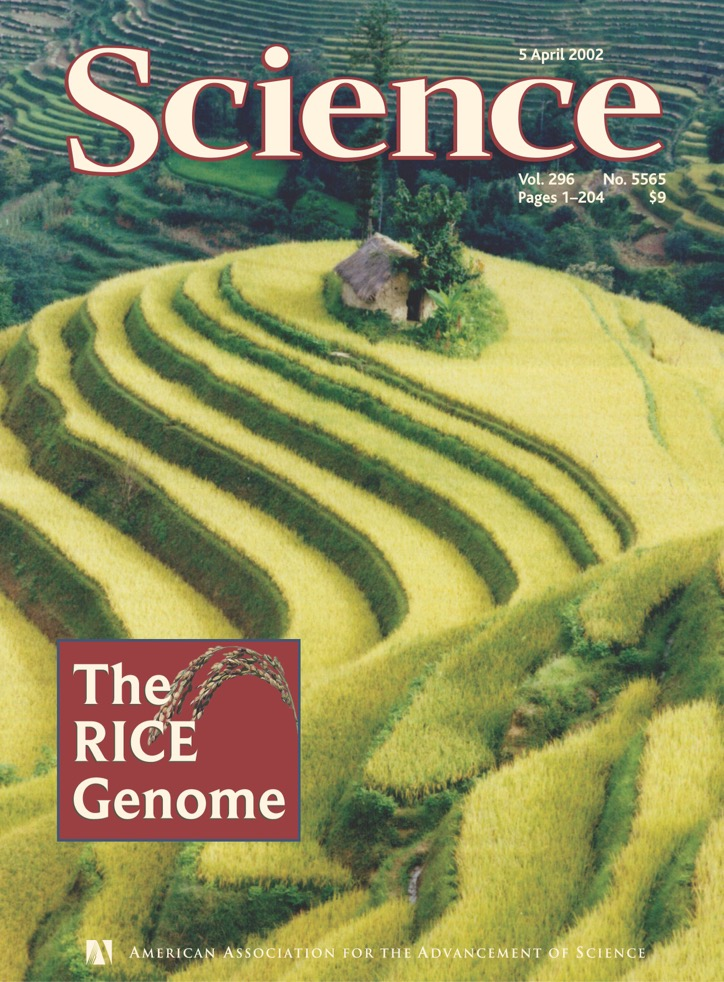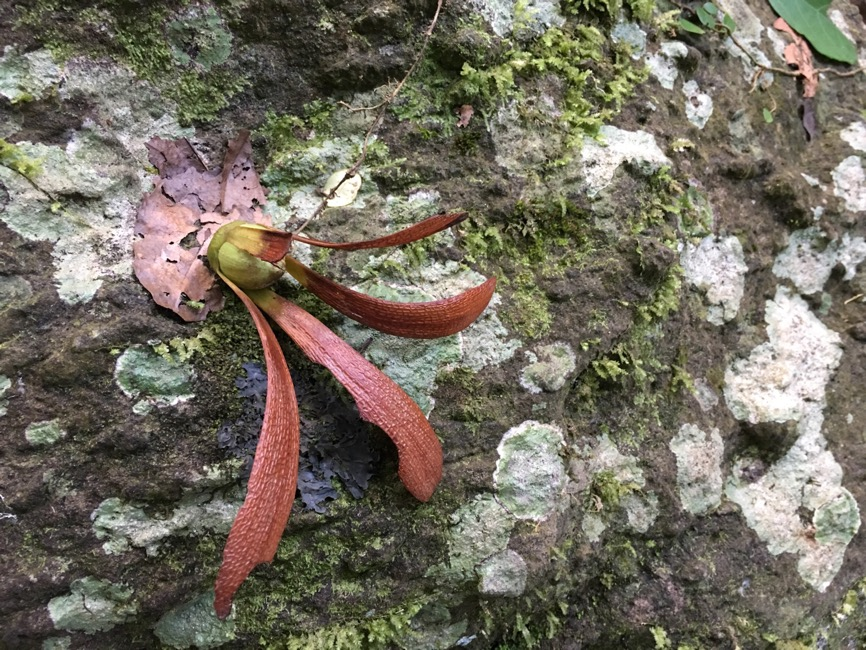Plants are important not only to human beings but also to the earth as a whole.
There are an estimated 320,000 plant species in the world. They are crucial in producing the oxygen that we breathe, which is vital for the survival of humans and animals alike. Without plants, the earth would be an uninhabitable desert with no life or diversity.
Moreover, plants contribute significantly to the environment by regulating the water cycle, reducing soil erosion, and mitigating climate change through carbon sequestration. They are also the primary producers of food and energy, providing sustenance for all living organisms. They also help maintain biodiversity by providing habitats and food sources for various animals.
BGI-Research, a core research facility of BGI Group, has played a significant role in the scientific research of plants for decades, and has contributed to over 39% of the plant genomes sequenced globally by April 2023. These research projects shed light not only on safeguarding the valuable food supply, but also on the protection of endangered plant species.
Rice is a staple food for half of the world's population. On April 5, 2002, Science published a landmark paper as a cover article titled 'A Draft Sequence of the Rice Genome,' which was the result of nearly two years of work by BGI scientists to sequence the indica strain of rice, the most widely grown type in China and Southeast Asia. The result helped transform rice production, brought new opportunities for the development of new strains that can survive in extreme conditions, and offered countries the prospect of better food security and less reliance on imports.
 April 2002, Science published a paper titled A Draft Sequence of the Rice Genome (Oryza sativa L. ssp. indica) as a cover article.
April 2002, Science published a paper titled A Draft Sequence of the Rice Genome (Oryza sativa L. ssp. indica) as a cover article.
BGI Bioverse, a subsidiary of BGI Group, is collaborating with Yunnan University in China to advance the technology and development of perennial rice, which simplifies farming and reduces labor-intensive tasks while also cutting production costs. Perennial Rice 23 (PR23) is a type of rice that can be planted once and harvested for 3-5 years, eliminating the need to purchase seeds from the second year onward and reducing labor-intensive activities like transplanting young rice seedlings. In 2022, Science recognized perennial rice as one of the top 10 scientific breakthroughs, noting that it decreased the work per hectare by up to 77 person-days each season and reduced farmers' expenses by 50%.
Foxtail millet has always been a staple diet of humans for more than 8000 years until the modernization of cuisines took over the world. Since 2009, BGI has been studying foxtail millet. Millet genome sequencing, molecular marker development, genetic map construction, and the location of important agronomic traits have led to the breeding of a number of herbicide-resistant varieties.
In October 2022, a Nature Communications paper led by BGI-Research revealed that a plant's genotype determines the environmental outcomes of its root-associated microbiota, which will help improve the yield and quality of foxtail millet. By regulating microbial composition related to plant genotypes, “personalized feeding strategies” with precision microbial biofertilizers could optimize agriculture and develop high-yielding cultivars.
Chickpea is the third most widely grown legume crop, providing protein to over 50 countries. By using BGI's sequencing platform, a team of international researchers reported sequencing 3,366 chickpea genomes, assembled a pan-genome with 1,582 previously unreported genes, and constructed a comprehensive genomic variation map, revealing that chickpea was cultivated from its wild progenitor species, Cicer reticulatum, around 12,600 years ago. The research proposed new crop breeding strategies based on genomic prediction to enhance crop productivity. This study was published in Nature.
 Chickpea
Chickpea
Almost 40% of global land plant species are categorized as very rare, and these species are most at risk for extinction as the climate continues to change. The preservation of endangered plant species is critical, and BGI researchers are actively contributing to this effort through their work. Their research plays a crucial role in safeguarding these vulnerable species and ensuring their survival for future generations.
Orchids are among the most endangered plant species, with almost all species listed under Appendix II of the Convention on International Trade in Endangered Species (CITES), which regulates their international trade through a permit system. To protect these plants, the Orchid Genome Project, led by BGI Group, is performing genome-wide sequencing and bioinformatics analysis of Xiaolanyu Phalaenopsis and transcriptome sequencing on gene expressions in 10 representative orchids. By providing insights into orchid ecology, genetic basis, molecular mechanisms of evolution and metabolism, and differences in phenotypic characteristics, this project is contributing to global conservation efforts against habitat loss and commercial exploitation of orchids.
Cycads are a critically endangered species and have been listed as such on the International Union for Conservation of Nature's Red List. Due to the large and complex genome of cycads, until recently, a complete genome map was lacking. In 2017, BGI-Research launched the Cycad Genome Project, which aimed to map the genome of the most basic group of cycads and an ancient remnant species unique to China, Panzhihua cycads, which research results were published in Nature Plants as a cover story in 2022. The genome mapping of cycads represents the last piece of the puzzle in the study of the genome evolution of seed plants and embodies the best genome mapping efforts in gymnosperms.
Dipterocarps are economically and ecologically important, but many species are now endangered due to overconsumption and habitat loss. The over-exploitation of natural populations and destruction of wild habitats has led to a significant decline in their numbers in recent decades. BGI Group has contributed to dipterocarp conservation efforts through research collaborations, resulting in the construction of a high-quality, chromosome-level genome map of Dipterocarpaceae. This genome map provides a vital foundation for the breeding and protection of dipterocarp species.
 A winged seed of tropical dipterocarp tree on a fallen tree trunk.
A winged seed of tropical dipterocarp tree on a fallen tree trunk.
As the world continues to face the challenges posed by climate change and habitat loss, the importance of preserving plant biodiversity cannot be overstated. Through extensive research efforts, BGI-Research is helping the world to better understand and protect these essential components of our ecosystem, which made significant contributions to plant science and conservation, helping to safeguard endangered plant species and ensure food security for future generations.
As we move forward, continued investment in plant science research will be crucial in ensuring a sustainable and prosperous future for all.



